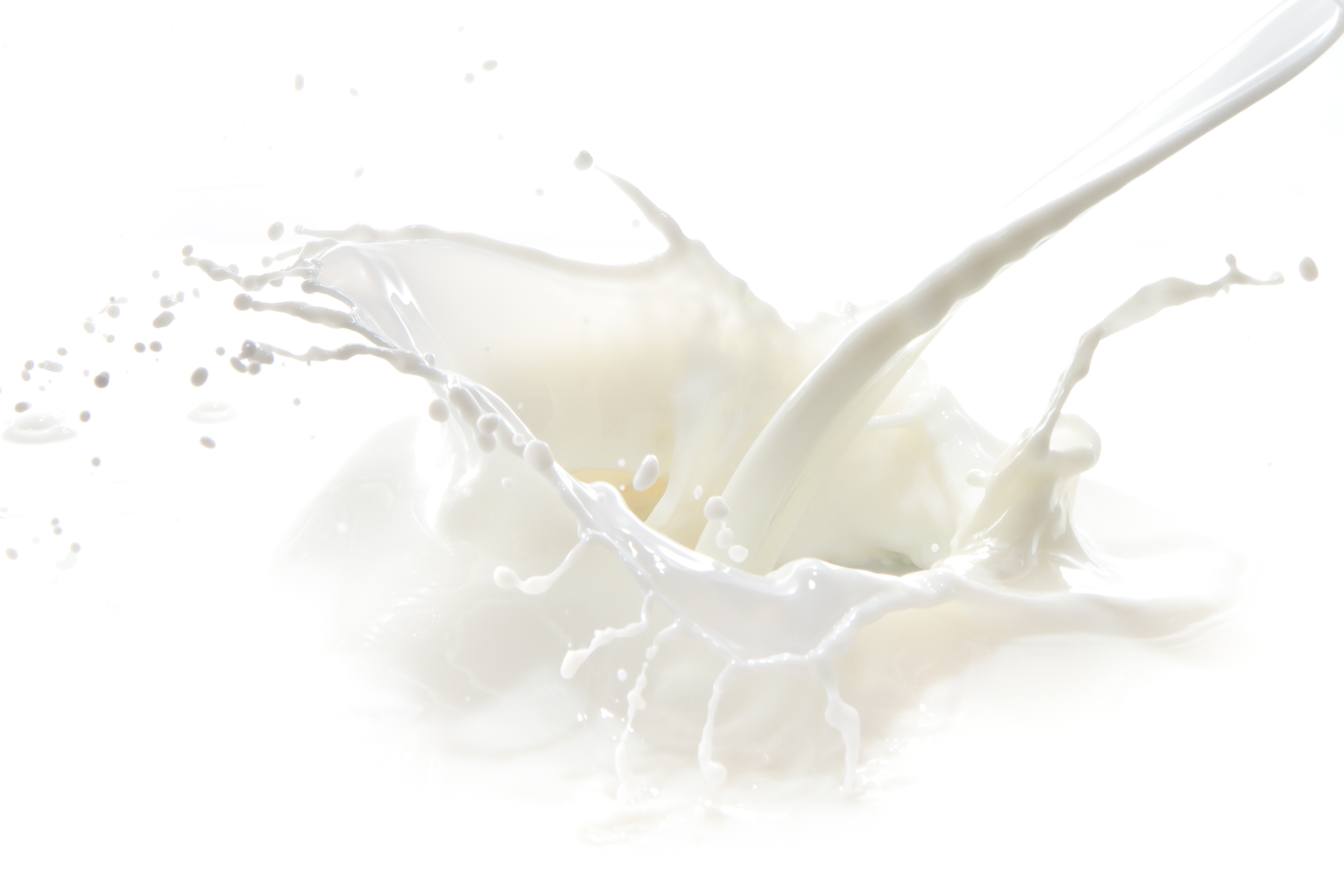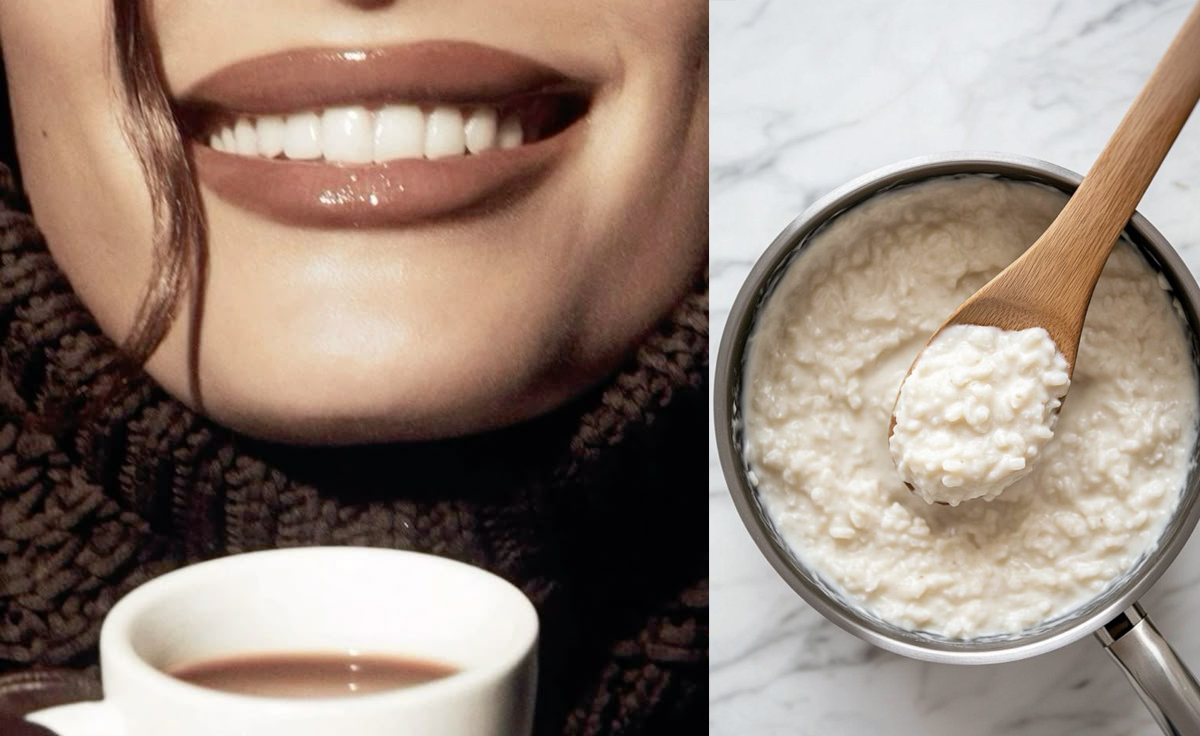Bioengineering Nature
We recently discovered a Switzerland-based company using cutting-edge textile bioengineering to create fibres from milk, rice and coffee. We're pleased to welcome them into our trusted network of suppliers.
“We were born to survive on milk. Now, Mother Earth needs milk to survive. Be part of the evolution.”
Milk Fibre: Our Favourite!
This fibre is produced through an eco-friendly process that transforms surplus or expired milk into usable fabric. Casein, the noble milk protein, is separated from whey, isolated, and then denatured. From this, amino acids are extracted and combined with an innovative viscose-based spinning solution to create a unique textile fibre. Any impurities remaining from the manufacturing process are removed through a detergent-free wash. Once dried, the fabric appears in its natural form: a classic milky white.

Fibre Facts
- Comparable to cashmere or silk, 100% natural, breathable, thermoregulating, antibacterial (up to 83%) and incredibly soft.
- Remarkably eco-efficient: only 6 litres of milk are needed to produce one T-shirt, compared to approximately 2700 litres of water for a cotton equivalent.
- Significantly lower CO₂ emissions and water consumption throughout production.
- Hypoallergenic and ideal for sensitive skin, it is also safe for those with lactose intolerance or milk allergies, as the fibre is worn externally and not ingested.

Rice Fibre Facts
- Plant-derived cellulosic fibre delivering high durable strength, tear resistance and excellent moisture absorption.
- Recognised as an active fibre, it releases around 18 amino acids from its micro-surface, nurturing the skin through contact and offering UV protection for added sun safety.
- Highly breathable and moisture-wicking, helping skin feel fresh and dry.
- Biodegradable and fully compostable.
Coffee Fibre Facts
- Created by combining carbonised coffee grounds with a polyester base, repurposing antioxidant-rich coffee waste into textile material without any residual scent.
- Naturally strong properties including odour control, which significantly reduces washing requirements.
- Reactivates microcirculation of the epidermal surface.
- Retains body heat by keeping warmth close to the body, fast drying, highly breathable and is great for activewear or underwear.
These processes exemplify eco-innovation: a circular economy approach that not only recycles, but redesigns byproducts into high-value, skin-friendly materials. Each fibre - milk, rice or coffee - is natural, biodegradable, low-impact and certified safe. We appreciate how features such as antibacterial action, moisture regulation, and amino acid release, support both comfort and skin health.



